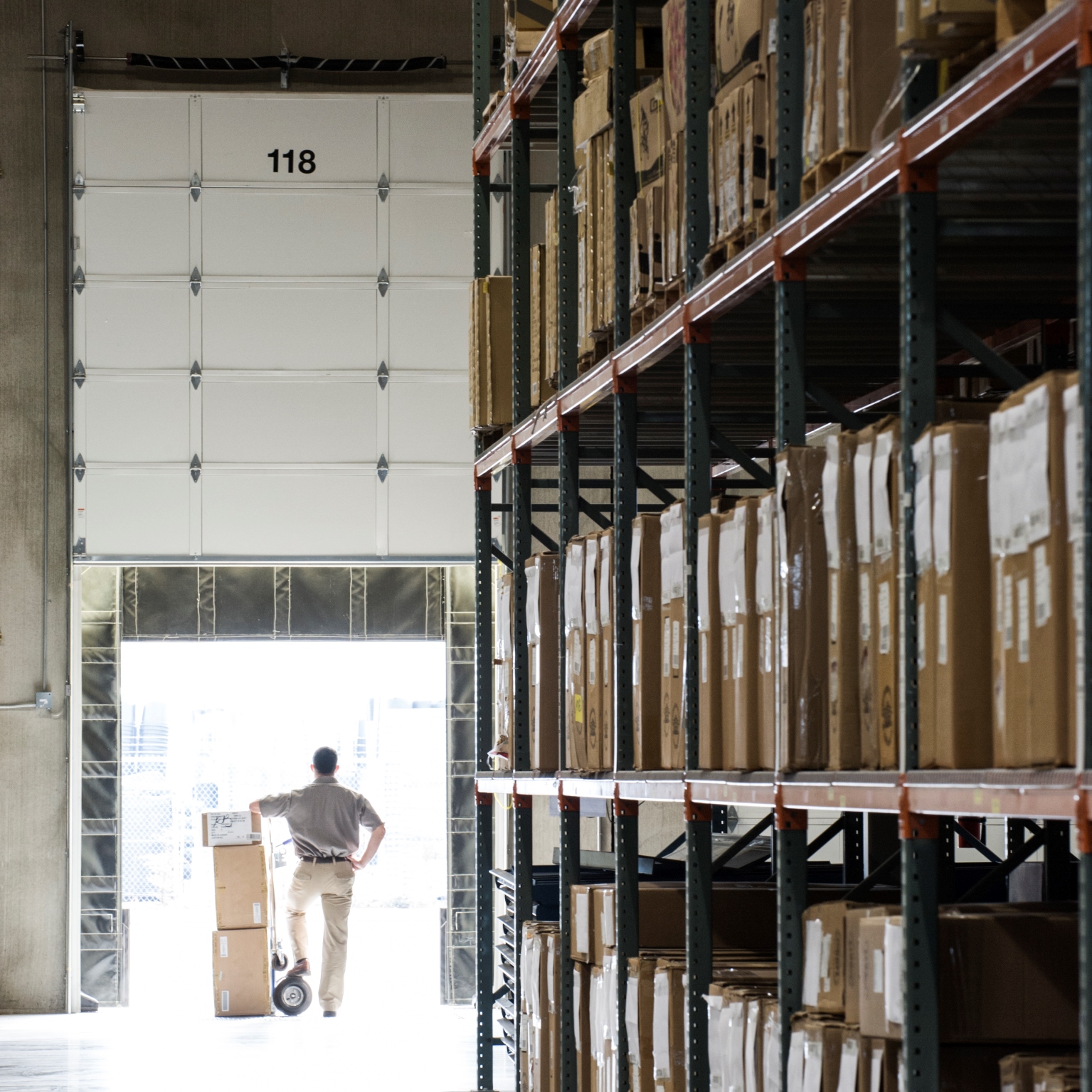In the fast-paced, space-conscious environment of New York City, businesses often find themselves needing extra room—whether it’s for inventory, office equipment, archived documents, or seasonal stock. Choosing the right commercial storage facility isn’t just about securing additional square footage. It’s about finding a space that meets your operational needs, fits your budget, offers strong security measures, and is conveniently located and professionally managed.
Here’s a comprehensive guide to help you choose the best commercial storage facility in NYC for your business.
1. Evaluate Your Storage Needs
Before starting your search, define what you need to store and how frequently you’ll need access. Are you temporarily relocating office furniture during renovations? Do you rotate seasonal stock regularly? Are you storing temperature-sensitive materials like files or electronics?
By understanding your specific needs, you can narrow down the type of space that best suits your operations. Commercial storage in NYC varies widely—from basic warehouse-style spaces to high-security, climate-controlled environments tailored to different industries and storage requirements.
2. Location Is Key
With NYC’s traffic and parking constraints, location becomes a vital factor. Choose a facility that’s close to your business or along major transit routes. This reduces travel time, improves logistics, and minimizes disruption to your daily operations.
If your business is based in Manhattan, look for a facility that helps avoid long commutes and costly delays. If you operate across boroughs, consider a site near bridges, tunnels, or highways with easy access and ample loading space.
3. Security and Access Control
Security should be a top concern when selecting a commercial storage provider. Features to look for include:
- 24/7 surveillance systems
- On-site staff or security personnel
- Controlled access with keycards or codes
- Individual alarms for each designated space
- Fencing and well-lit exteriors
Additionally, verify how and when access is granted. Some facilities offer 24-hour access, while others limit entry to business hours. If your business requires off-hours retrievals or deliveries, confirm whether the facility accommodates that schedule.
4. Climate Control and Cleanliness
NYC’s varying climate—from humid summers to icy winters—can damage certain types of stored materials. If you’re storing electronics, paper records, artwork, or pharmaceutical products, climate-controlled commercial storage is essential.
These environments maintain stable temperature and humidity levels, protecting sensitive materials from mold, warping, and deterioration. Cleanliness is also crucial—look for well-maintained facilities that are free from dust, pests, and moisture, all of which can cause long-term damage.
5. Size Flexibility and Scalability
Business needs evolve. Choose a facility that offers a variety of storage space sizes and the flexibility to adjust your plan as needed. Whether you're downsizing or preparing for seasonal inventory expansion, having the option to shift into a different space without moving locations can save time and money.
Ask facility staff about their policies on scaling up or down. This kind of flexibility is invaluable for businesses that are growing or undergoing transitions.
6. Insurance and Liability Coverage
Even with high-level security, accidents or unforeseen events can occur. Make sure the facility has adequate insurance and offers coverage for your stored items. Also, check with your own business insurance provider to see if storage off-site is included in your policy.
Review the terms carefully to understand what’s covered, what your responsibilities are, and what liability the facility assumes in the event of damage, theft, or loss.
7. Delivery and Loading Features
Efficient logistics can make or break your workflow. Look for facilities that provide:
- Drive-up accessibility
- Covered loading bays
- Forklift or pallet services
- On-site staff to handle deliveries or pick-ups
Some commercial storage facilities even offer delivery acceptance services, allowing staff to receive packages or freight on your behalf—perfect for businesses with limited time or personnel to manage inventory arrivals.
8. Reputation and Customer Feedback
Not all storage providers operate with the same level of professionalism. Research facilities online and read customer reviews on third-party platforms. Look for consistent feedback about:
- Security and safety
- Customer service quality
- Cleanliness
- Ease of access
- Transparency of pricing
Whenever possible, schedule a visit to tour the space in person. This gives you an opportunity to assess the environment, ask questions, and evaluate staff responsiveness.
9. Transparent Pricing and Contract Flexibility
In a city where commercial space is expensive, pricing clarity matters. Ask for a breakdown of costs and clarify what's included in the monthly rate. Common fees to ask about include:
- Administrative charges
- Late payment penalties
- Required insurance
- Access or handling fees
Also, review the rental terms. Is there a long-term contract, or can you rent month-to-month? Can you change your storage space size mid-term? Knowing these details up front can help you avoid unnecessary costs and commitments.
Final Thoughts
Choosing the right commercial storage facility in New York City is about more than just space—it's about finding a partner that supports your operations, protects your assets, and aligns with your business strategy.
From location and security to climate control and flexible terms, every detail plays a role in helping your company stay organized and efficient in an environment where space is scarce and time is valuable.
Take the time to evaluate your needs, visit multiple locations, and ask the right questions. With thoughtful planning, you won’t just gain more room—you’ll gain a competitive edge.
